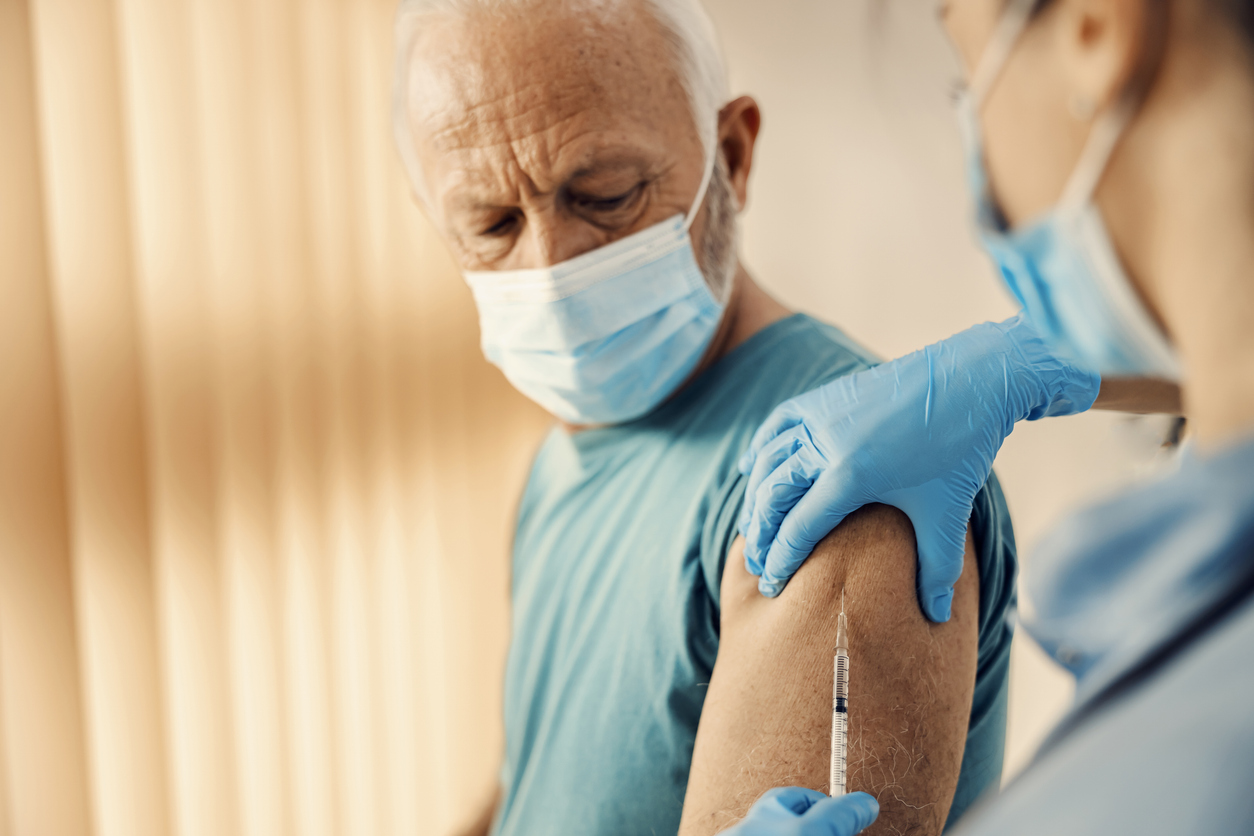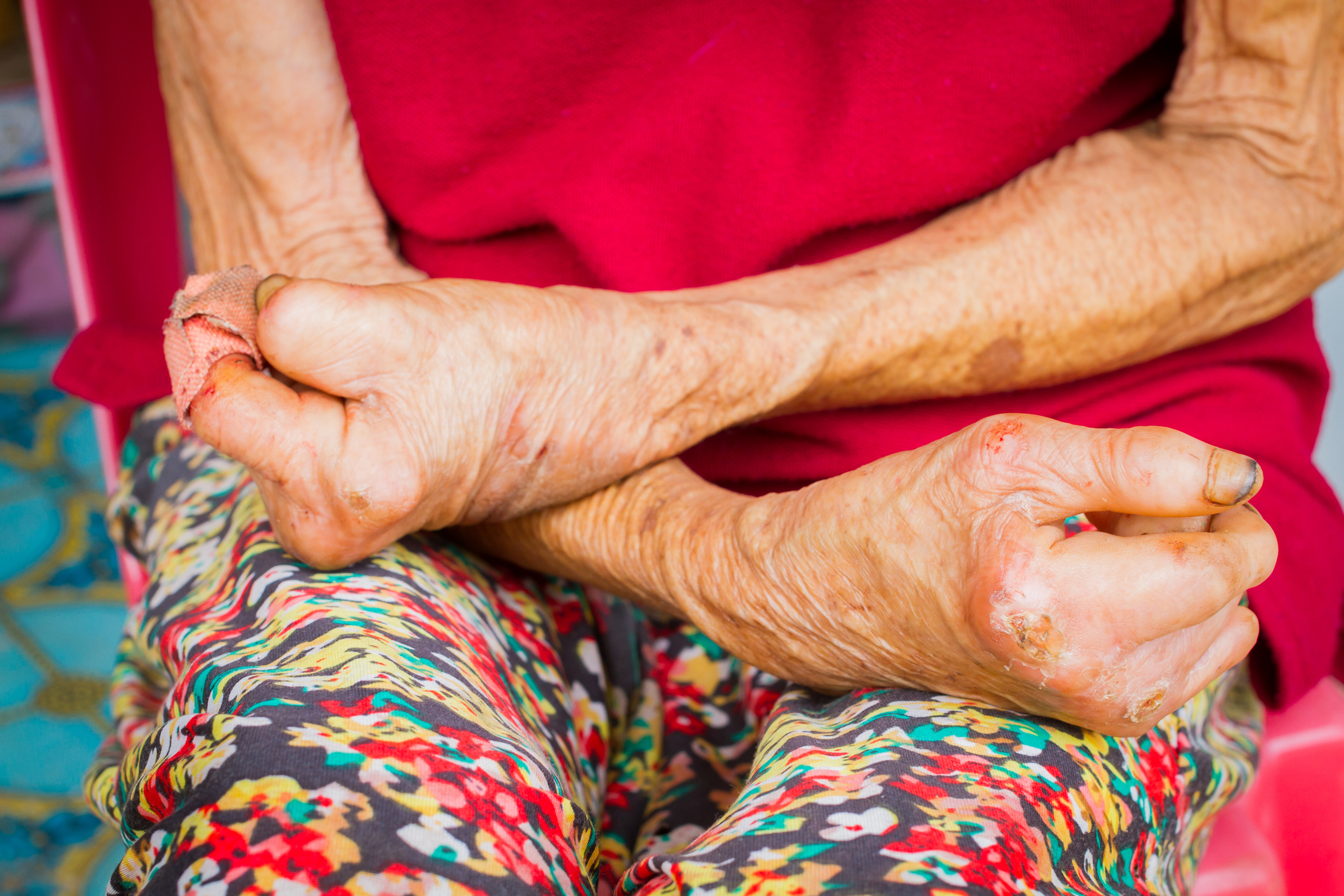2025-07-10
One vaccine, two viruses, a thousand hopes
Infectiology
#COVID19 #SARSCoV2 #vaccine
COVID-19, caused by SARS-CoV-2, remains a major global health threat. While first-generation mRNA and adenoviral vector vaccines have significantly reduced mortality and the severity of acute forms, several limitations remain. Their effectiveness tends to decline against emerging variants, notably due to mutations in the spike protein, which is the primary target of induced immunity. Moreover, their adverse effect profile and associated logistical constraints—particularly the requirement for ultra-cold storage—limit their accessibility in many low-resource countries.
In this context, the study explores an alternative vaccination pathway by evaluating a candidate based on the attenuated yellow fever 17D virus, widely recognized for its ability to trigger robust and long-lasting immunity with a single dose. This vector, used here to express the SARS-CoV-2 spike protein, may help overcome logistical barriers while offering a strong immune response.
The main challenge lies in assessing this vector’s safety and immunogenicity. The objective of this Phase I study is to test the tolerance and the ability of the YF-S0 vaccine to induce protective humoral and cellular immune responses, following a single-dose regimen, in a healthy adult population.
In this study, 60 healthy adults aged 18 to 55 were selected and divided into three groups receiving increasing doses (low, intermediate, and high) of the vaccine or a placebo. Each participant received a single intramuscular injection, followed by close monitoring over 56 days. The outcome variables observed included: local and systemic adverse events, overall tolerance, and humoral immune response (total antibodies and neutralizing antibodies against the spike protein), as well as cellular response (SARS-CoV-2-specific CD4+ and CD8+ T cells). The protocol also included regular virological and immunological assessments to evaluate the intensity, kinetics, and quality of the immune response elicited by the vaccine.
The results show that the YF-S0 vaccine has an excellent tolerance profile, regardless of the dose administered. No serious adverse events were reported during follow-up, and the side effects observed were mostly mild to moderate (transient local reactions, moderate fever, fatigue), with no marked differences between groups.
On the immunological level, the candidate vaccine demonstrated strong immunogenicity. A robust humoral response was recorded, with a seroconversion rate of 95% in the highest dose group by Day 29 post-injection. The production of neutralizing antibodies targeting the SARS-CoV-2 spike protein confirms the vaccine's efficacy in inducing protective immunity.
At the same time, cellular analysis revealed significant activation of SARS-CoV-2-specific T lymphocytes, particularly IFN-γ–producing cells, suggesting a balanced and comprehensive adaptive immune response. This dual signal—humoral and cellular—places YF-S0 at a level comparable to or even superior to traditional vaccine platforms, while relying on a simpler, well-documented vector with easier logistics.
COVID-19 remains a formidable infection due to its rapid mutation capability. In the face of such variability, vaccines must balance immunogenic strength, safety, accessibility, and adaptability. This study shows that the YF-S0 vaccine, based on the yellow fever 17D vector, meets these criteria by inducing a strong humoral and cellular response after just one injection, with a favorable tolerance profile.
Upcoming challenges include assessing long-term immunity, confirming efficacy in phase II/III trials, and evaluating the vaccine’s ability to protect against variants. The limitations of this Phase I study include a small, virus-naïve population and the absence of clinical protection assessment. Nevertheless, the outlook is promising: YF-S0 could become a preferred alternative, particularly in low-resource regions, by combining logistical simplicity, efficacy, and safety.
COVID-19, caused by SARS-CoV-2, remains a major global health threat. While first-generation mRNA and adenoviral vector vaccines have significantly reduced mortality and the severity of acute forms, several limitations remain. Their effectiveness tends to decline against emerging variants, notably due to mutations in the spike protein, which is the primary target of induced immunity. Moreover, their adverse effect profile and associated logistical constraints—particularly the requirement for ultra-cold storage—limit their accessibility in many low-resource countries.
In this context, the study explores an alternative vaccination pathway by evaluating a candidate based on the attenuated yellow fever 17D virus, widely recognized for its ability to trigger robust and long-lasting immunity with a single dose. This vector, used here to express the SARS-CoV-2 spike protein, may help overcome logistical barriers while offering a strong immune response.
The main challenge lies in assessing this vector’s safety and immunogenicity. The objective of this Phase I study is to test the tolerance and the ability of the YF-S0 vaccine to induce protective humoral and cellular immune responses, following a single-dose regimen, in a healthy adult population.
Response to the virus: mission accomplished for YF-S0?
In this study, 60 healthy adults aged 18 to 55 were selected and divided into three groups receiving increasing doses (low, intermediate, and high) of the vaccine or a placebo. Each participant received a single intramuscular injection, followed by close monitoring over 56 days. The outcome variables observed included: local and systemic adverse events, overall tolerance, and humoral immune response (total antibodies and neutralizing antibodies against the spike protein), as well as cellular response (SARS-CoV-2-specific CD4+ and CD8+ T cells). The protocol also included regular virological and immunological assessments to evaluate the intensity, kinetics, and quality of the immune response elicited by the vaccine.
The results show that the YF-S0 vaccine has an excellent tolerance profile, regardless of the dose administered. No serious adverse events were reported during follow-up, and the side effects observed were mostly mild to moderate (transient local reactions, moderate fever, fatigue), with no marked differences between groups.
On the immunological level, the candidate vaccine demonstrated strong immunogenicity. A robust humoral response was recorded, with a seroconversion rate of 95% in the highest dose group by Day 29 post-injection. The production of neutralizing antibodies targeting the SARS-CoV-2 spike protein confirms the vaccine's efficacy in inducing protective immunity.
At the same time, cellular analysis revealed significant activation of SARS-CoV-2-specific T lymphocytes, particularly IFN-γ–producing cells, suggesting a balanced and comprehensive adaptive immune response. This dual signal—humoral and cellular—places YF-S0 at a level comparable to or even superior to traditional vaccine platforms, while relying on a simpler, well-documented vector with easier logistics.
A new path for global vaccination
COVID-19 remains a formidable infection due to its rapid mutation capability. In the face of such variability, vaccines must balance immunogenic strength, safety, accessibility, and adaptability. This study shows that the YF-S0 vaccine, based on the yellow fever 17D vector, meets these criteria by inducing a strong humoral and cellular response after just one injection, with a favorable tolerance profile.
Upcoming challenges include assessing long-term immunity, confirming efficacy in phase II/III trials, and evaluating the vaccine’s ability to protect against variants. The limitations of this Phase I study include a small, virus-naïve population and the absence of clinical protection assessment. Nevertheless, the outlook is promising: YF-S0 could become a preferred alternative, particularly in low-resource regions, by combining logistical simplicity, efficacy, and safety.
Read next: COVID vaccine and pregnancy: a successful bet?

Last press reviews
Leprosy: a disease still beyond control

By Ana Espino | Published on January 22, 2026 | 3 min read...
Parental alcohol intoxication: the hidden impact on children’s mental health

By Carolina Lima | Published on January 19, 2026 | 3 min read
Obesity: when the kidneys become overwhelmed

By Ana Espino | Published on January 20, 2026 | 3 min read...